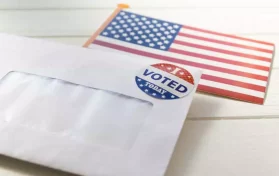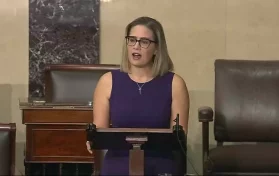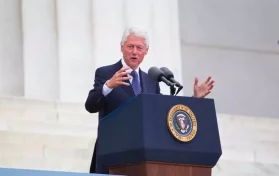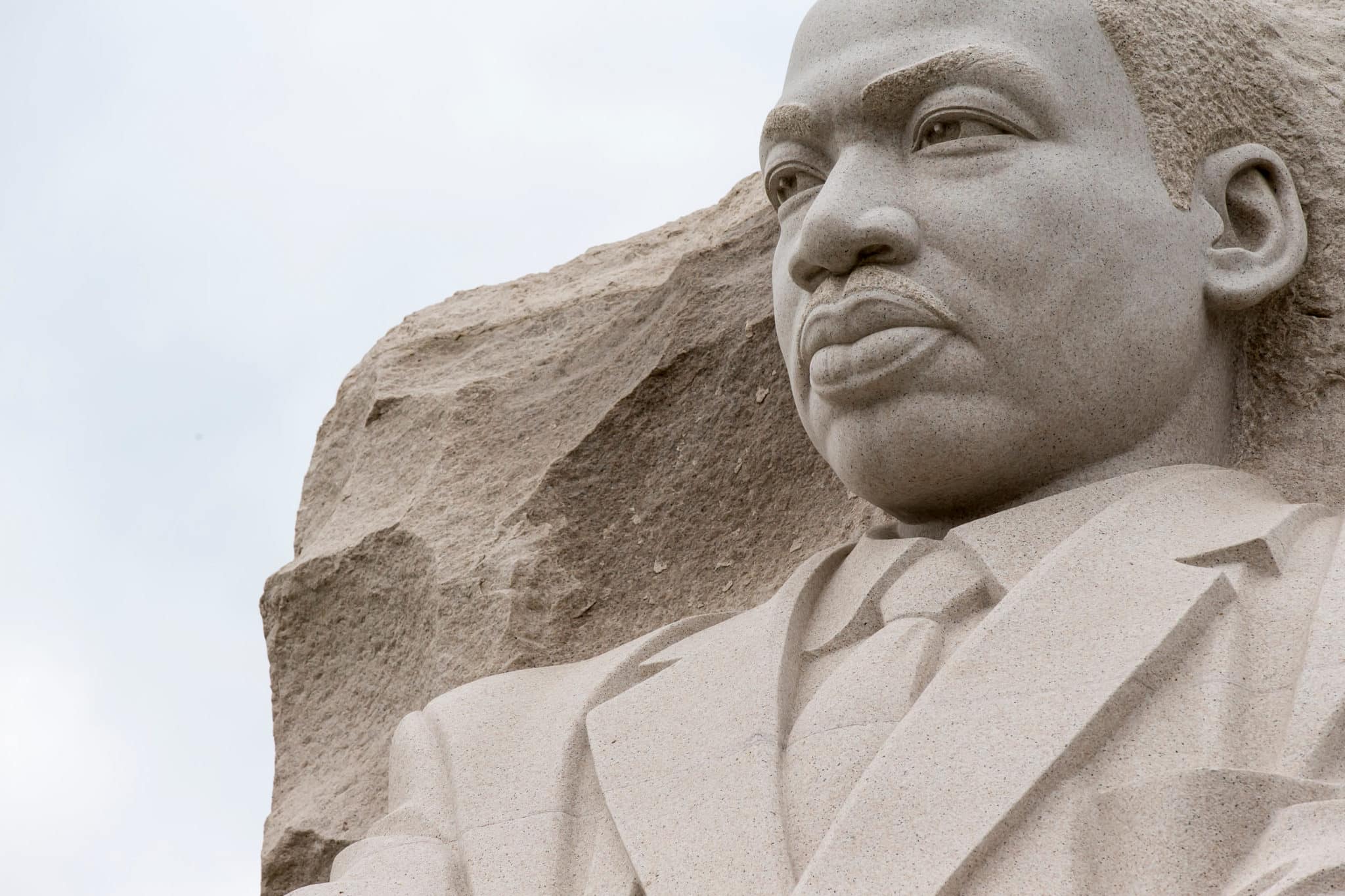
How did Martin Luther King, Jr. Day become a federal holiday?
After a thirty-two year campaign, Martin Luther King, Jr. Day became a federal holiday. The campaign over that time involved repeated drafting of legislation as well as support from entertainers such as Stevie Wonder, politicians such as Ted Kennedy, and athletes from the National Football League.
Supporters initially began pushing for a federal holiday honoring the fallen civil rights leader shortly after his death in 1968. Representative John Conyers was the first to introduce a motion that King be honored in such a manner; Conyers did so just four short days after King’s assassination.
It would be eleven years before the vote would actually be brought to the floor of the House of Representatives. However, in 1979, the measure failed after a vote of 252 – 133. At that time, making Martin Luther King’s birthday a federal holiday was strongly supported by then-President Jimmy Carter as well as multiple Congressional members.
Even though this seemed to kill any effort to honor Dr. King with a federal holiday, those at the King Center and the individuals in Congress who supported the idea did not give up. Rather, the group “rallied” and did whatever necessary to garner more support for their proposed legislation.
It was at this time that popular musician Stevie Wonder released “Happy Birthday,” which was intended to promote support for a federal holiday honoring Dr. King. This helped to garner support from a new generation who might have been quite young when Dr. King was assassinated.
Dr. King’s widow, Coretta Scott King, asked Wonder to accompany her in presenting a petition signed by 6 million people to then Speaker of the House (of Representatives) Tip O’Neill.
In addition to gathering signatures for the aforementioned petition, the King Center organized a march on Washington to draw attention to the issue. More than 500,000 people participated in this peaceful event, but those in U.S. Congress understood there was much support for honoring Dr. King with a federal holiday.
In 1983, the House of Representatives presented another vote on making Dr. Martin Luther King, Jr. Day a federal holiday. The measure passed this time, by a margin of fifty-three votes. The measure had bipartisan support. Tip O’Neill and Jim Wright, both Democrats, gave speeches prior to the vote in support of the measure. On the Republican side of the House, Newt Gingrich and Jack Kemp both gave speeches promoting the bill.
However, this did not mean that the bill was now law. The Senate had to vote on and pass the measure as well. The measure had some resistance in the Senate, so passage would not be an easy task. A North Carolina Senator, Jesse Helms, filibustered the measure. When he began to speak, then-Senator Helms introduced a 400 page document that he claimed proved King was a Communist.
Even with opposition, the measure was passed. Senator Ted Kennedy had always been a proponent of making Dr. Martin Luther King, Jr. Day a federal holiday, but he would vehemently oppose the filibuster Helms presented. Joining Kennedy was then-Senator Daniel Moynihan. These two Senators literally threw their copy of the file on the Senate floor.
Notably, the measure would pass through the Senate with former Dixiecrat Strom Thurmond voting to pass the measure. The federal government had voted to honor Dr. King, but the states themselves would be a different matter.
Congressional Battles over the Legislation
The initial legislation to honor Dr. King’s birthday was introduced on April 4, 1968. Congressman John Conyers was the first to introduce the measure, and each time it failed to progress through Congress, Conyers would reintroduce the legislation on a yearly basis. The Congressional Black Caucus, a group Conyer helped to found, stood behind him each time he did so.
Ironically, the measure first came to a vote on King’s fiftieth birthday in 1979. At this time, one five votes defeated the measure. Opponents of the measure stated it would cost a great deal of money to add an additional federal holiday, and one congressman cited a tradition which prevented private citizens from receiving recognition with public holidays named in their honor.
It was 1983 before legislation regarding making Dr. King’s birthday a holiday would come to the Congressional floor again. The bill passed in the House of Representatives, and, even after Jesse Helms’ spectacle in the Senate, the bill passed there as well. Within two days, President Ronald Reagan signed the bill into law.
Federal and State Level Passage of MLK Day
Some states at first resisted observing Dr. Martin Luther King, Jr. Day. Some combined the day with other holidays, or they gave the day an alternate name. The first time the day was officially observed in all fifty states was 2000.
President Reagan Signs the Bill Honoring Martin Luther King, Jr.
On November 2, 1983, with Coretta Scott King present, President Ronald Reagan signed into law the recognition of Dr. Martin Luther King, Jr. on his birthday each year. The signing was held in the White House Rose Garden.
Originally, President Reagan opposed the measure, citing costs of a new federal holiday. However, when Congresswoman Katie Hill (D-IN) moved to hold the holiday on the third Monday of each January, Reagan and other holdouts began to show support for the legislation.
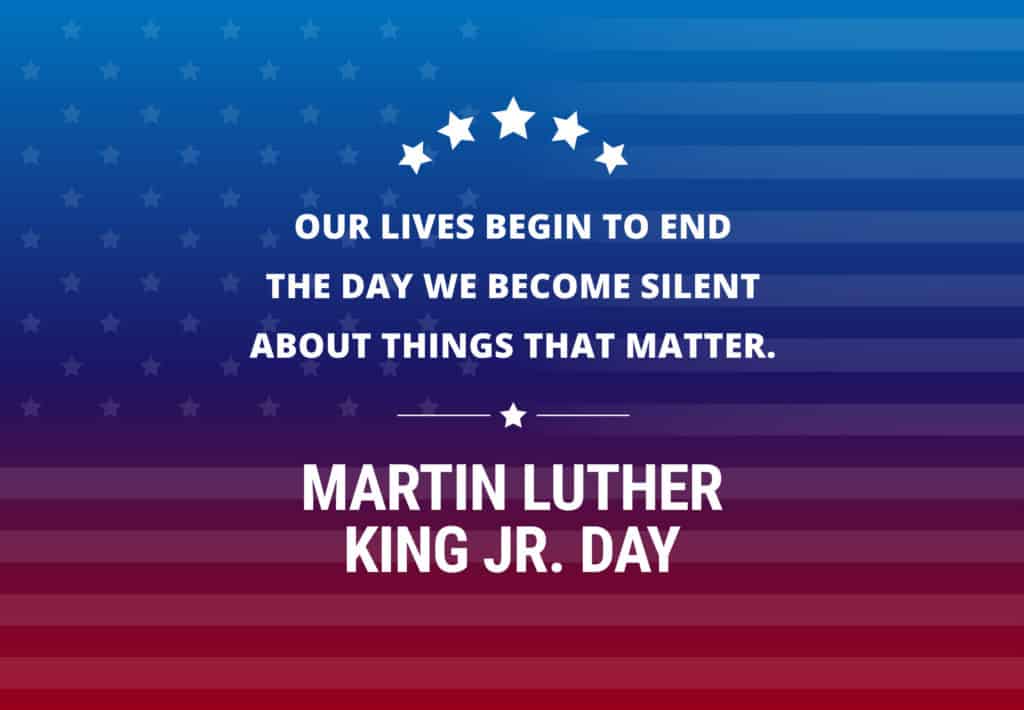
Frequently Asked Questions about MLK Day
When is Martin Luther King’s birthday?
Dr. King’s birthday is January 15, 1929. However, the final legislation of the bill made the third Monday in January the permanent day on which the federal holiday is celebrated.
Changing the legislation so that the day is “fixed” each year helped to garner extra support for the measure.
Is Martin Luther King a national holiday?
Yes. This bill was signed into law on November 2, 1983 by then-President Ronald Reagan. He held the signing in the iconic Rose Garden, and King’s widow, Coretta Scott King, was in attendance for the signing.
When did MLK Day become a federal holiday?
Although the legislation to designate Dr. King’s birthday a federal holiday was signed into law on November 2, 1983, it was not observed until three years later, on January 20, 1986. It was not until 2000 that all fifty states had begun to observe Dr. King’s birthday.
What states do not recognize MLK Day?
South Carolina was the last state to have an official state holiday in recognition of Dr. Martin Luther King, but, until 1999, New Hampshire observed the day as “Civil Rights Day” rather than as Dr. King’s birthday.
All states now recognize the day as a federal holiday.
Key Takeaways
It took thirty-two years for Dr. King to be federally honored with the recognition of his birthday. This is held on the third Monday of each January. Although Reagan signed the legislation into law in 1983, it was 1986 before the day was actually observed. South Carolina was the last state to recognize the holiday. John Conyers brought the initial legislation to the House floor within four days of Dr. King’s death, and he was the Congressman who put it up for a vote in 1983, when it was finally passed.
Dr. King is also synonymous with Black History Month, receiving plenty of recognition, even though Carter Woodson championed that Holiday.



